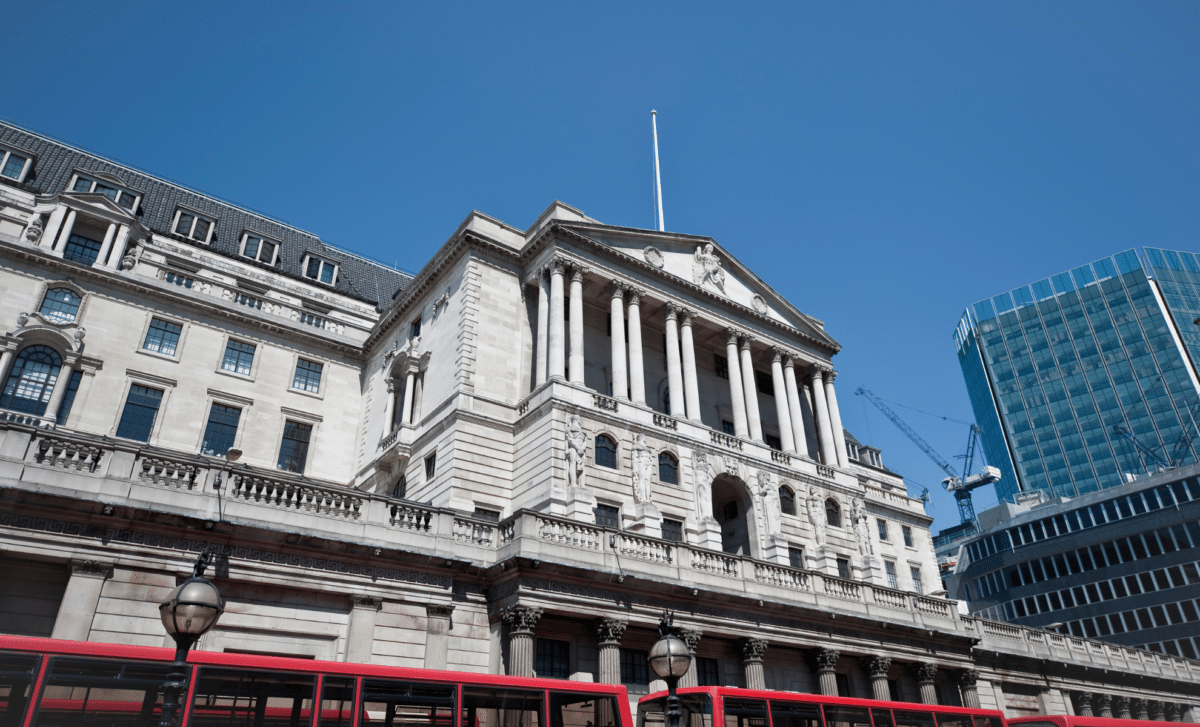The UK economy faced a disappointing third quarter in 2024, with growth slowing sharply compared to earlier in the year.
Initial data shows weaker-than-expected performance, underscoring ongoing challenges across major sectors such as services and manufacturing. While construction showed some resilience, the overall picture reflects deep structural weaknesses. As inflation cools and policymakers adjust interest rates, attention shifts to the impact of fiscal measures and global uncertainties. These results paint a complex picture of the economy’s trajectory and raise questions about the government’s strategy to foster stability and growth.
UK Economy Posts Modest Growth Amid Slowing Momentum
Recent data from the Office for National Statistics (ONS) indicates that the UK economy grew by only 0.1% in the third quarter of 2024, falling short of economists’ forecasts of 0.2%. This marks a sharp decline from the 0.5% growth recorded in the previous quarter and underscores the persistent headwinds facing the economy.
The construction sector was a rare bright spot, expanding by 0.8%, supported by a rebound in new building projects. However, production contracted by 0.2%, and the services sector, which accounts for the majority of economic output, grew by a mere 0.1%. September was particularly weak, with GDP shrinking by 0.1%, reflecting declines in manufacturing and IT services.
“Retail and new construction work both performed well, partially offset by falls in telecommunications and wholesale,” explained Liz McKeown, director of economic statistics at the ONS. Reports CNBC, “The U.K. economy grew less than expected in the third quarter of the year, showing only marginal growth following a rebound at the start of the year.”
Inflationary Pressures Ease, but Challenges Persist
In a positive development, inflation fell to 1.7% in September, its lowest level since April 2021. This allowed the Bank of England (BoE) to cut interest rates by 25 basis points earlier this month, reducing the benchmark rate to 4.75%. However, further cuts are unlikely in the near term, as policymakers remain cautious about the inflationary risks posed by recent fiscal measures and global geopolitical uncertainties.
Governor Andrew Bailey flagged the economic impact of Brexit as a persistent issue, stating that it has “weighed on the level of potential supply” and continues to challenge the UK economy’s growth potential.
Government Faces Criticism Over Economic Policies
Chancellor Rachel Reeves expressed disappointment with the latest GDP figures, calling them “not good enough.” She reiterated her focus on long-term reforms, stating, “At my Budget, I took the difficult choices to fix the foundations and stabilise our public finances.”
However, critics have argued that the government’s fiscal measures, including increased spending and higher taxes, have hindered economic recovery. Shadow chancellor Mel Stride accused Reeves of slowing growth, commenting, “Labour made a lot of promises about growth in the election; they need to act now before their broken promises lead to yet more tax rises.”
Business leaders have echoed these concerns, citing pre-budget uncertainty as a factor deterring investment. “Hopefully this will prove to be a blip,” said Ben Jones, lead economist at the Confederation of British Industry. “We still expect the economy to return to a path of modest growth in the year ahead, but downside risks have increased.”
Navigating the Road Ahead for the UK Economy
The UK economy faces a challenging road ahead, with structural weaknesses and external pressures continuing to weigh on growth. The services sector, typically a driver of the economy, has stagnated, while manufacturing remains in decline. Construction, though performing well, cannot offset the broader weaknesses across other industries.
Brexit-related trade barriers and global tensions, including fears of a trade war, further complicate the outlook. Governor Andrew Bailey stressed the need to rebuild relations with Brussels, while warning of the “fragmentation of the world economy.”
Policymakers are cautiously optimistic about modest growth returning in 2025, driven by infrastructure investments and new economic initiatives. However, achieving this will require a careful balance between fiscal discipline and targeted interventions to boost productivity and confidence. The coming months will be pivotal for the UK economy as it seeks to stabilise and build a foundation for sustainable growth.









